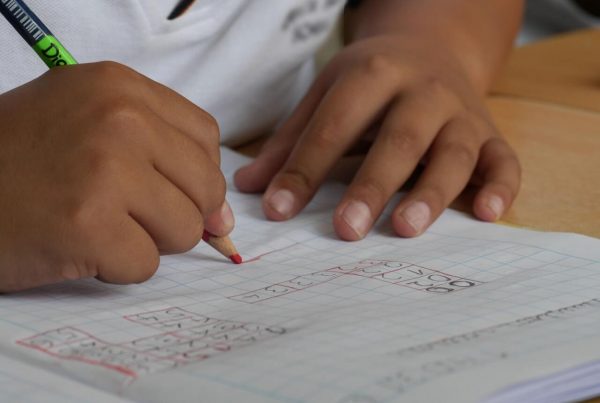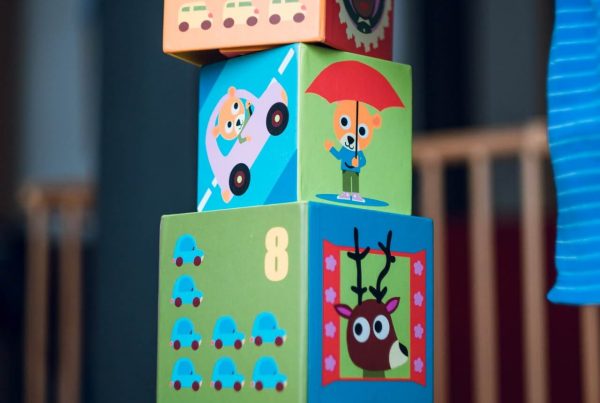
Executive functioning is a set of cognitive skills that enable us to learn, organize, prioritize, plan, make decisions, implement tasks, and control impulses. It impacts our working memory and how we process and retain information.
Think of executive functioning as the motor for our decision-making and goal-achieving processes. Executive functioning is a crucial component of forming and accomplishing a goal; from basic tasks like brushing your teeth to more complex tasks like planning a school project. Executive functioning also influences how we express our personality, solve problems, and make choices. It affects how we anticipate future consequences to our actions, and determines how we think and strategize. Children who lack executive functions will often have significant difficulties completing daily tasks.
As children mature, so does the prefrontal cortex of the brain — the region that regulates how we analyze, plan, and complete tasks. Executive Functions Disorder is correlated with an underdeveloped prefrontal cortex. This can be caused by trauma to the frontal region of the brain, or it can be due to a learning disorder.
When children lack proper executive functioning, they will have problems analyzing, planning, organizing, and accomplishing tasks. This will negatively impact how they perform in school and how they behave at home. For instance: a child has a science project due within 2 weeks. The child must plan, research, organize, and execute the project, yet lacks the initiative to take the first steps to completing the task. Children with executive functioning challenges are often unable to anticipate the consequences to their actions or lack of. As a result, they tend to suffer from extreme bouts of procrastination, impulsiveness, and distractibility.
Parents and teachers can become frustrated with children who deal with these issues, and misconstrue the problem as laziness or apathy. It’s difficult for people with executive functioning challenges to explain what they’re experiencing, as they are often unaware of the problem. Their behavior tends to be viewed as anti-social and awkward by peers, which sparks anxiety and causes isolation.
Executive functioning can and will improve with developmentally appropriate exercises that encourage higher-level thinking skills. At Little Thinkers Center, we employ several powerful methods to improve executive functioning. Logical Thinking games encourage the child to develop planning, strategizing, and decision-making skills. Visual Thinking exercises are used to improve the child’s attention and working memory, and overall ability to formulate and execute specific goals. General and Discriminative Movement Thinking activities are introduced to address motor coordination and planning. These goal-based exercises all help to inhibit impulsive responses, strengthen organization, and increase personal accountability. Following our program, our Little Thinkers improve their working memory and attention span, exercise more initiative, decrease emotional meltdowns, and become stronger thinkers.



